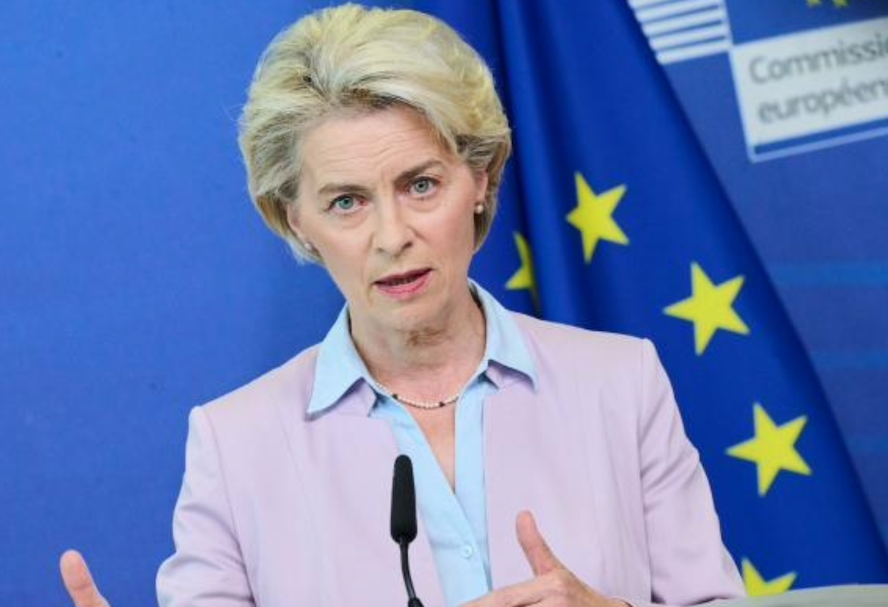As Europe grapples with a worsening energy situation, European Commission President Ursula von der Leyen has given a statement about the EU’s current and future plans to lessen dependence on Russia.
The war in Ukraine has been a disaster for Europe on many levels, but it has made one thing crystal clear: The European Union was a bit naive to rely on Russia for so much of their energy supplies.
This hard lesson is coming into sharp focus now that the Russia has declared that it will not reopen to the Nord Stream pipeline, the single biggest to Europe, until sanctions against the country have been lifted.
Now that energy supplies are being used as a weapon against the EU, the bloc has no choice but to look at ways of lessening dependence on Moscow and this was laid out in a speech by European Commission (EC) President Ursula von der Leyen on Wednesday.
A series of measures had already been put in place, such as asking people to reduce gas usage to create reserves, which has been a success. The goal was to reach 80% in joint storage by the end of October, and there is currently a supply of 82%.
The EU also has been moving away from reliance on Russian fossil fuels, with coal no longer being imported at all and oil imports “winding down”. Countries such as Norway, the United States, Algeria and Azerbaijan have stepped in to fill the gap with Norway now delivering more gas to the EU than Russia.
Additionally, and perhaps the most important measure, has been the investment in renewable energy supplies. Von der Leyen said the EU “will deploy renewables this year that are an equivalent to around about eight billion cubic metres. So, the renewables are really our energy insurance for the future.”
Amid sky-rocketing electricity prices, the drought lessening hydro-electric output, and more than half of France’s nuclear reactors out of action, the EC president outlined more immediate plans. First is reducing electricity usage during peak hours via a mandatory target. This will be coupled with a revenue cap on energy companies with low costs.
“The low-carbon energy sources are making in these times enormous revenues because they have low costs but they have high prices on the market,” said Von der Leyen. “Revenues they never calculated with; revenues they never dreamt of; and revenues they cannot reinvest to that extent. These revenues do not reflect their production costs. So, it is now time for the consumers to benefit from the low costs of low-carbon energy sources like, for example, the renewables.”
The same treatment will be applied to the oil and gas companies whose prices will be capped to deter profiteering.
She also spoke about energy companies’ current inability to cope with this volatile market. Her solution: look to more safe sources.
“Here, it is a problem of securing futures markets. And for that, liquidity is needed. These companies are currently being requested to provide unexpected large amounts of funds now, which threatens their capacity not only to trade, but also the stability of the futures markets. It is a liquidity problem. Therefore, we will help to facilitate the liquidity support by Member States for energy companies. We will update our temporary framework and enable thus state guarantees to be delivered rapidly.”
Her final point was a proposition to put a price cap on Russian gas and slowly strangle their economy into submission.
“We all know that our sanctions are deeply grinding into the Russian economy, with a heavy negative impact, she said. “But Putin is partially buffering through fossil fuel revenues. So here, the objective is: We must cut Russia’s revenues, which Putin uses to finance his atrocious war in Ukraine. And now our work of the last months really pays off. Because, at the beginning of the war, if you looked at the imported gas, 40% of it was Russian gas, since a long time. Today, we are down to 9% only.”
